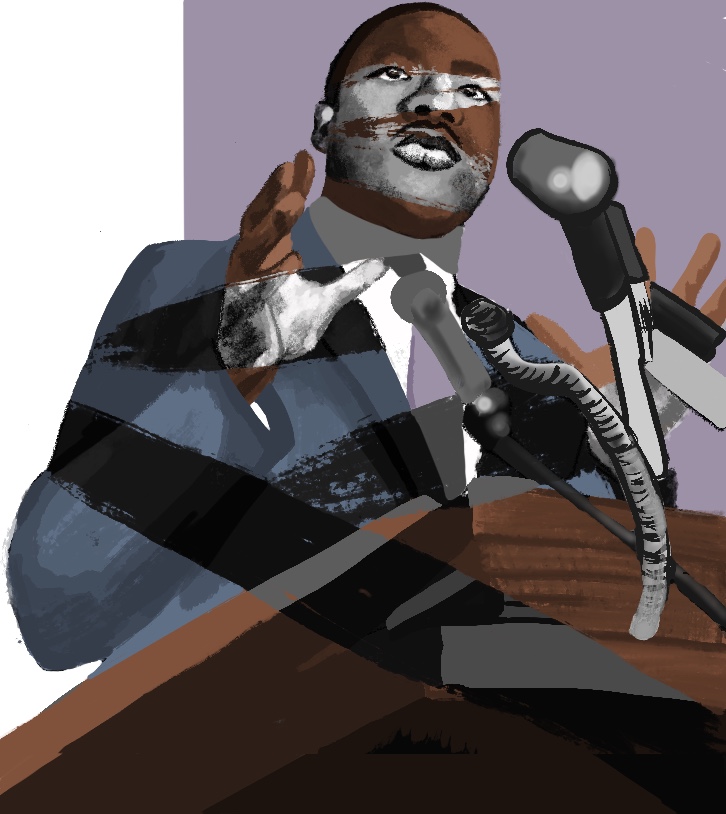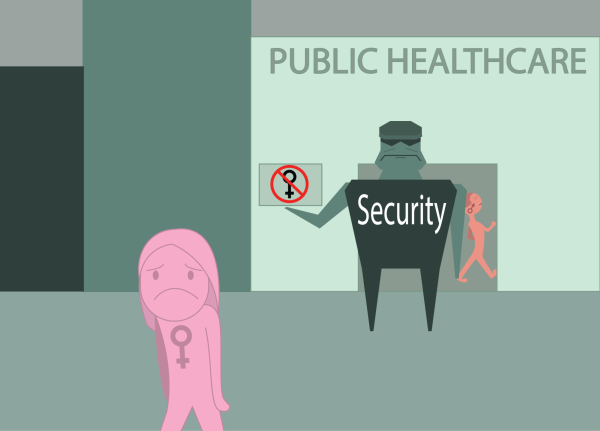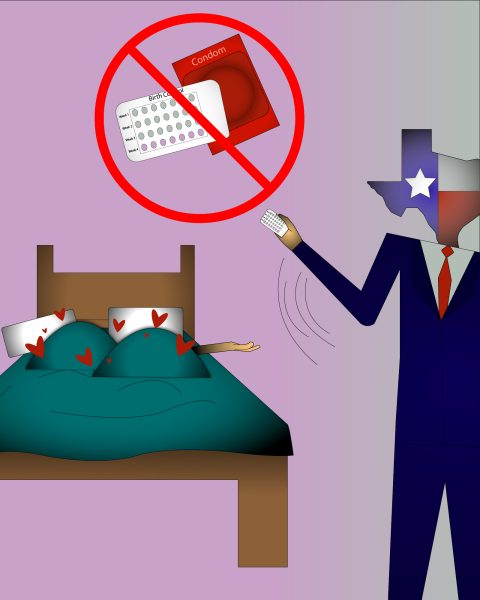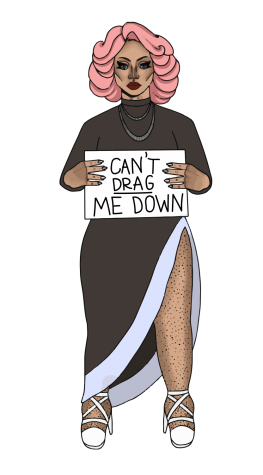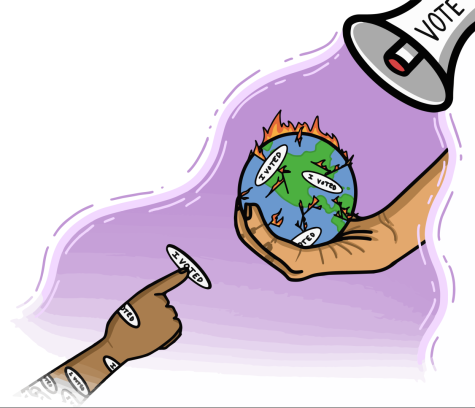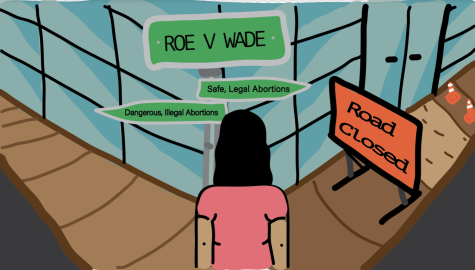Martin Luther King Jr.’s White-washed legacy
April 13, 2021
Black history month has always served as a time of education for figures in history who often go overlooked, it’s also important that we learn more about the historical figures that are often left without context, like Martin Luther King Jr.
Dr. King stood for a lot of radical policy and instead of whitewashing his legacy, we need to start educating everyone on who he truly was.
King’s disapproval rating was at 75 percent at the time of his death. The celebration of very small aspects of King’s vision only began in the early nineties with states changing Robert E. Lee day to Martin Luther King day. King was not liked during his time and even today, what he stood for especially towards the end of his career remains unpopular.
Our education system and several politicians have completely undermined King’s real message of income inequality and his critiques of white liberalism and centrism. On Martin Luther King Jr.’s day of this year, the New York Times released a video with King’s son, Martin Luther King III, where he recalls his father’s other dream.
The dream was to fight for the rights of workers.
King saw people working day and night for a barely livable wage, like the group of striking Memphis sanitation workers that King spoke to the night before his assassination.
The workers were on strike due to the death of Echol Cole and Robert Walker who were crushed by a malfunctioning truck. After eleven days of frustration towards the city’s response, 1,003 Black employees went on strike with encouragement from King who told the group “Nothing would be more tragic than to stop at this point in Memphis. We’ve got to see it through.”
Dr. King was in a fight to end poverty and he was not afraid to call out the wealth of others as he did in his 1964 Nobel Peace Prize address,
“The rich nations must use their vast resources of wealth to develop the underdeveloped, school the unschooled, and feed the unfed…No individual or nation can be great if it does not have a concern for ‘the least of these,” King said.
King tackled what he believed to be the next steps in racial justice in his last book “Where Do We Go From Here: Chaos or Community?” Written in 1967.
King points out how white supremacy stands in the way of Democracy in America. He stated that the White American idea of equality is different from Black Americans.
“Negroes have proceeded from a premise that equality means what it says, and they have taken white Americans at their word when they talked of it as an objective. But most whites in America … proceed from a premise that equality is a loose expression for improvement,” he wrote.
King brings up a truth that a lot of white Americans still aren’t willing to face.
Holding on to and protecting white supremacy will never lead to real equality for Black America. The social structure of whiteness is more common than some like to think. Dismantling systemic racism is more complicated than passing a civil rights act or signing an executive order promising racial equality. This is a conversation a lot of white liberals are not open to having and King understood this from his first-hand experience.
Politicians struggle to see the benefit in taxing the rich, raising the minimum wage, giving financial relief during a global pandemic, and several other economic policies that the majority of Americans agree upon. Yet so many of them pretend to care about the legacy of Dr. King when they so are clearly are opposed to the majority of what he stood for.
It’s time to start learning what Dr. King truly stood for without sugarcoating the message or the context surrounding it.


